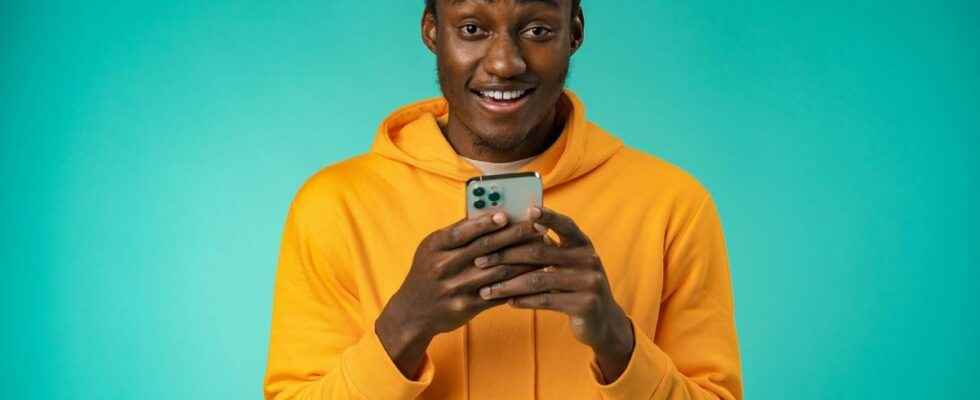Published on
Updated
Reading 2 mins.
TikTok, YouTube and other social media aren’t just for entertaining people. The latter, and particularly the youngest, have become accustomed to turning to these platforms in the first place for health advice. A third of Gen Z members will first visit TikTok before seeing a doctor. They are 44% to do the same with YouTube, according to an American study.
It is on a sample of 2,000 American adults that CharityRx, a discount service with certain pharmacies, conducted a study* to understand how Americans get information on health topics and which sources they tend to turn to first.
Young people turn first to Youtube and Tiktok
According to the results of the study, 65% of Americans surveyed first turned to Google before consulting their doctor, while 33% go first to YouTube and one in five Americans prefer TikTok. 44% of Gen Zers turn to YouTube and 33% to TikTok. They have less of a reflex to consult Google as a priority (27%) compared to their elders. Older generations are turning to Google more, with 32% of Millennials, 36% of Generation X and 36% of Baby Boomers. The curve then goes down when it comes to YouTube and TikTok. 39% of Millennials, 30% of Generation X and 21% of “baby boomers” go on YouTube compared to 26%, 14% and 4% respectively on TikTok.
Mental health a concern for Gen Z
But then why are young people more comfortable consulting influencers instead of health professionals? If the majority, 55%, choose to trust creators on social networks by taking into account their references and their years of experience at 40%, they are 26% to recognize themselves in the experiences they have shared and 22% believe that their healings make them credible.
However, differences remain depending on the disease. 55% of Gen Z users search for information about anxiety compared to 16% among boomers. It is the most sought-after condition among young people among depression (49%), the morning after pill (20%), weight loss (44%), or even on Covid-19 (17%).
Influencers who do not replace doctors
However, Americans trust influencers, let alone celebrities, significantly less than doctors. Only 17% say the opposite. And while half of respondents admit they’re more likely to buy a drug or supplement if a star recommends it, the vast majority (89%) acknowledge that influencers contribute to health misinformation and 36% do not trust their advice.
